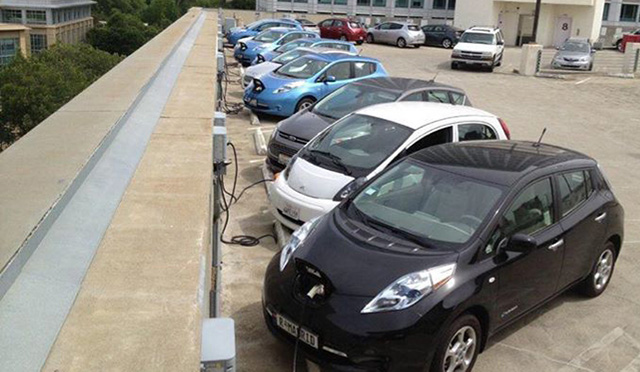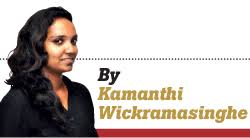Reply To:
Name - Reply Comment

With the increase in the number of electric vehicles in Sri Lanka, the number of charging stations too has experienced a significant growth. So far, there are over 5500 electric vehicles which could be charged at over 70 charging stations.
 Since there’s a higher demand for electric vehicles and charging stations, the government has newfound interest in this sector. Hence, a cabinet paper too has been issued to improve facilities. Playing a bigger role in regulating its procedures is the Public Utilities Commission of Sri Lanka (PUCSL) that works hand-in-hand with these stakeholders.
Since there’s a higher demand for electric vehicles and charging stations, the government has newfound interest in this sector. Hence, a cabinet paper too has been issued to improve facilities. Playing a bigger role in regulating its procedures is the Public Utilities Commission of Sri Lanka (PUCSL) that works hand-in-hand with these stakeholders.
The Sri Lanka Electricity Act too will be subject to certain amendments thereby giving more authority to the PUCSL to introduce electricity to vehicles, thus giving a boost to the electric car industry in Sri Lanka. The main objectives of the PUCSL are to regulate the prices, safety of consumers and highlight the rights of the customers, while also improving facilities in these showrooms.
The PUCSL has identified several issues, one being that of inadequate distribution of electricity. Due to power shortages consumers could use only a few charging stations. The accuracy of readings in charging meters also remains at a questionable level since customers cannot guarantee if there vehicle has been charged as expected.
There are two ways in which customers are charged at these stations. One way is by measuring the number of Kilo Watts per hour or charging people by the number of hours they took to charge their vehicle. Since many customers are not satisfied for being charged by the hour, a proper pricing system has to be implemented.
Some customers are of the view that they could directly plug in their vehicle to a power socket and get it charged but the type of plug vary from vehicle to vehicle. For example, the Leaf brand manufactured in Japan has a 20A plug. For this purpose close to 15A has to be spent and a socket would cost close to Rs. 100,000. Due to higher value, customers tend to buy low quality sockets at cheaper rates which are not advisable because if used for over 10 hours, such low quality sockets would heat up and catch fire.
Taking these matters into consideration, the PUCSL has identified the importance to regulate charging stations. Hence the PUCSL is in the process of conducting an awareness programme in September, where customers as well as officials working in these charging stations could put in their concerns, ideas and feedback and improve the quality of service. Through this programme the PUCSL will formulate the necessary laws and regulations, pricing and other procedures and make them duly available to the public.
New technology too will be introduced towards the latter part of the year. Through regulating these stations a fixed pricing scheme will be introduced as well.
As at present, customers are charged at different rates. For instance, in and around Colombo the price is Rs. 50 per hour while it’s Rs. 70 in outstation venues. Since the electricity price for customers is the same island wide, it is not fair to charge people at different rates. Hence the PUCSL has identified such flaws in the system and by regulating these charging stations both customers and officials working in them will be protected.
Information provided by : Jayanath Herath, Director – Administration and Communication PUCSL